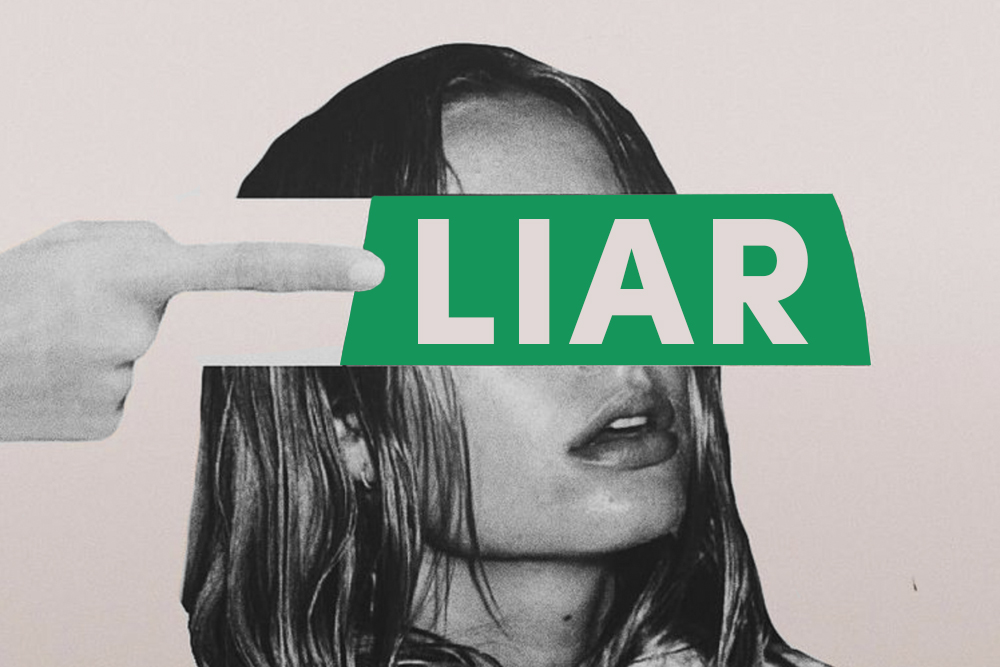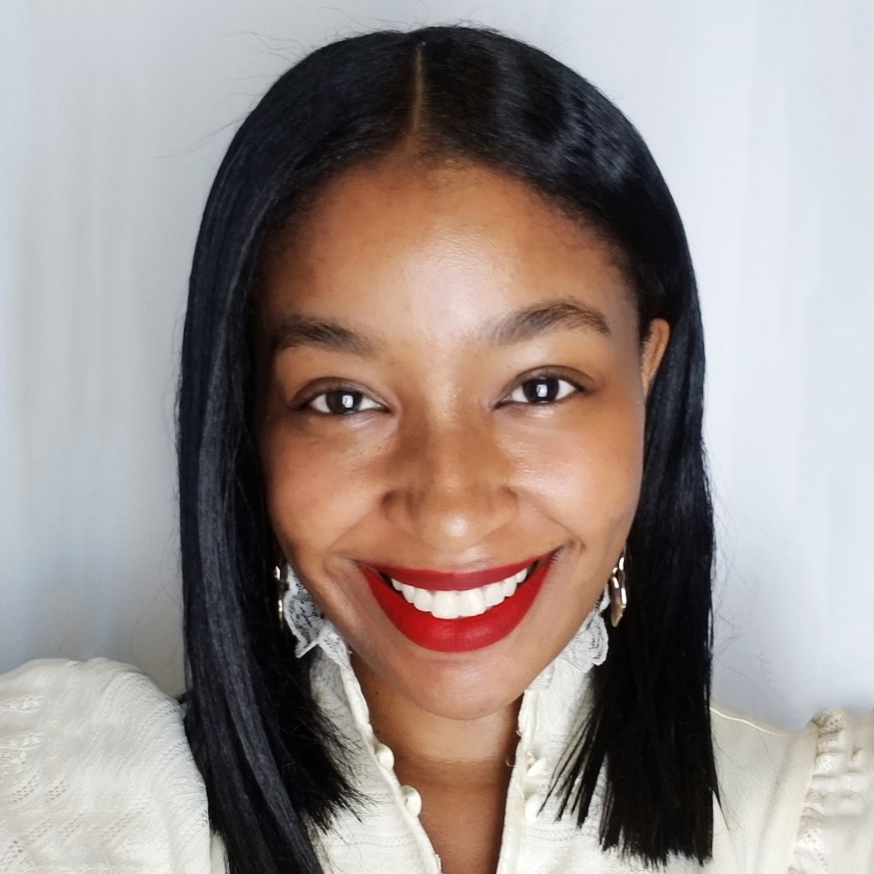Can you be friends with a chronic liar? Short answer: No. Absolutely, not. But at the risk of sounding judgmental, closed-minded, or heaven forbid absolutely right, I’ll say probably not. Let’s discuss, shall we?
As an inherently trusting child / teenager, I have befriended someone from almost every personality disorder there is — really it’s a gift. The narcissists, liars, nihilists, etc. all flocked to me as if I were free Chipotle. I’d like to think it was because I was naturally void of judgment — I accepted others for who they were, regardless of negative tendencies without endorsing change — but ultimately, I see it now as naivety and toxicity. Choosing to ignore or accept something negative doesn’t make it void, it just makes you really good at being an accomplice. So while my 20s were spent forgiving others, my 30s, so far, have been spent forgiving myself.
Over time, it’s more than healthy to have self-reflection in any capacity. To examine your choices so history doesn’t repeat itself. With that said, I’ve given up defending myself a long time ago, mostly because my opinion doesn’t have to suit anyone’s needs but my own, but while discussing this topic, I’ve found myself defending ending a toxic friendship. “It isn’t that big of a deal,” “you’re being judgemental,” “people can’t help lying.” How is this a thing in 2019? Sure, ten years ago I’d have been ignorance’s number one fan — buying merch and following its social media — but in that time span, I’ve stopped MySpacing, overplucking my brows and, thankfully, shirking accountability.
Now, for the sake of honesty because title, I’d like to note that most people are liars, inherently so. I don’t mean to sound pessimistic, it’s just many don’t realize the small things they say that are actually lies. Saying you’re fine when your emotions are as emo as a teenager who’s just found out Justin Beiber married Hailey and not Selena, a lie. Saying someone looks great when you don’t mean it, a nice, potentially harmful gesture, but still a lie. These aren’t the types of liars that are up for debate. It’s the chronic liars, the toxic ones, where you question almost everything said because of their strong allergy to being truthful.
So while the honesty-challenged population may be on the outs, I’m not so closed-minded to assume they’re all toxic. Delicate liars (my alma mater), who are as naive as Snow White and best known for singing with animals, eating strangers’ poisoned apples, and trying to spare your feelings at all cost are the most unwitting liars. Then there are the social liars, who vacation with royalty, spend summers on the moon, and are set to inherit a bajillion dollars, or you know, something of the like. My personal favorites are the so-bad-they’re-kinda-good-but-not-really liars, who tell you the sky is green, the grass is blue, and NSYNC is better than the Backstreet Boys (please @ me on this). Then there are the occasional liars, who lie from necessity or opportunity. We’re all human and while lies may originate from boredom, protection, self-hate, self-love, all of the above, none of the above, Texas, bucket hats, or just because it’s Monday, it doesn’t necessarily come from an intentional negative space.
By Webster’s definition, a friend is: 1.) a person who has a strong liking for and trust in another person. 2.) a person who is not an enemy friend or foe.
Now, while the second part of the definition is merely an antonym (keep up the fine work, Webster), the first part holds a little more weight. You can have a strong liking for a person, sure, but without trust can it really be a friendship? I once had a close friend of mine, while in high school, fake an entire relationship, for years. She’d have pretend fights with him and pretend make ups. As we got older, she graduated to fake pregnancies, and for the sake of continuity (?), fake relationships — again. She’d lie all the time about almost anything. I loved her and ignored it, feeling she needed the lies as a form of escapism or self-esteem. I don’t want to call it regret, although it’s doing a fine job masking itself as such, I wish I’d called it out from the beginning and every point then on. For her benefit, yes, but mostly my own, probably bore from my newly acquired pseudo-ego. I just like the idea of toxic personalities not feeling like they’ve won, perpetuating unhealthy behavior.
Ultimately, if a person is constantly lying to you and you’ve established chronic tendencies, naturally, you begin to question if they’re lying even when they’re telling the truth. And in other instances, if they lie about others, is it a far stretch to assume they’d lie about you? By definition, this isn’t a friendship, you’re simply an audience. A spectator at a performance. I feel like Nietzsche said it best, “I’m not upset that you lied to me, I’m upset that from now on I can’t believe you.”
In the end, being a friend with a chronic liar is ultimately based on your personality. Knowing yourself and what you feel like you can accept in a friendship is key to building a foundation.
Let me know what you think about chronic liars. Are you friends with chronic liars and if so, is it ever an issue? Do you call them out? I know some people don’t care if a person lies, I was once one of them, so I’d really love to know your take on this.













